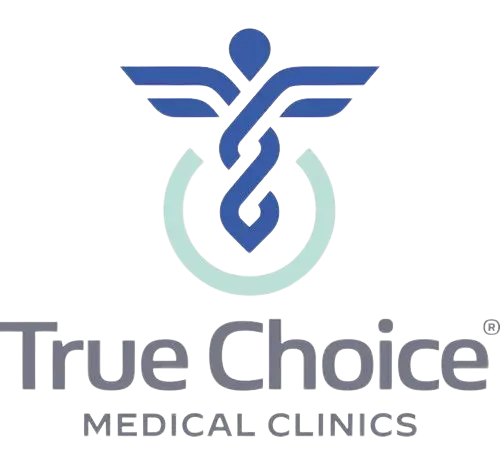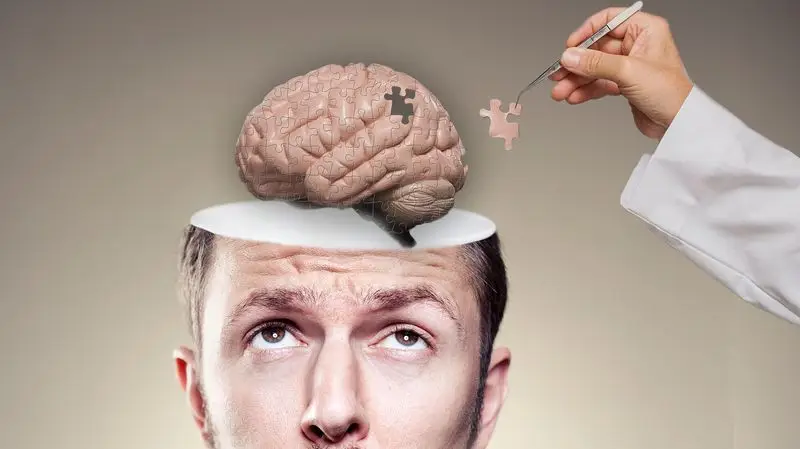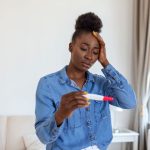Through the presence of online search engines and social media, there has never been more information about cycle tracking available to young men and women, yet more confusion about hormones, ovulation cycles and overall health. A recent survey revealed that only 27.5 percent of Ivy League students were able to correctly identify when a woman is most fertile during her menstrual cycle.
The difficulty in getting clear, evidence-based answers on the subject is because basic sex education in school has become more about selling contraceptives, gender ideology and avoiding pregnancy than giving men and women useful, valuable knowledge about their reproductive health and future fertility.
Many men and women are delaying starting a family. They are surprised when they want to conceive later only to find fertility has declined. This is the outcome when the education models do not focus on helping young people understand their fertility and how it works.
At True Choice Medical Clinics, we offer Whole Body Health education because we understand the best way to predict future fertility is to empower men and women to become experts of their own bodies. A “period” tracker that doesn’t come with an instructor gets confusing when a woman doesn’t recognize that the main event of her cycle is ovulation, a critical vital sign of her overall health. According to the Medical Insights Journal , “ovulation marks the perfect integrity between a woman’s brain and her overall health.” They go on to reinforce that when the brain synchronizes with the body as a union, the body’s systems respond and health and ovulation are preserved. (Medical Insights Journal, Issue 9, p.2)
When a woman knows her body, it empowers her to make well-informed decisions that benefit her reproductive health and general health specifically in the areas of nutrition, exercise, sleep and stress management. When she develops health literacy, a woman makes decisions that impact her entire family. Furthermore, when a woman takes responsibility for managing her health and fertility, her spouse and children become witnesses to her healthy lifestyle and it benefits their life and overall health.
When we see patients who have not only tested positive for an STD but have an unplanned pregnancy at the young age of 16, this ignites our passion to empower the community and the next generation. It seems like a foreign language when we ask them about their reproductive health because they truly don’t understand their bodies. They may refer to “that pill” that they don’t know the name of and are uncertain when they started or when they stopped. We cannot be shocked at the outcomes of poor decision-making.
Targeted education that starts in the home lays a foundation for young people to learn about their reproductive health and prevents sexually transmitted diseases, risky sexual behavior and sexual violence. They become confident in their health and their individual value. Furthermore, when men understand women’s health and fertility, it encourages a mutual respect between men and women.
The best gift we can give the next generation is to empower them with the power tools of reproductive health knowledge so they can think for themselves. This creates a higher standard of health through better decision making.





